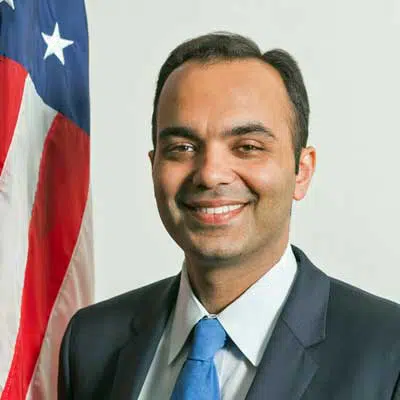The Consumer Financial Protection Bureau has become a much more active regulator of payments and other financial industries since the onset of the Biden Administration, and on Monday the agency lent further momentum to that trend.
The 11-year-old federal agency is now asking for public comment on a proposal that nonbank financial firms be required to register with the agency when they come under court orders or regulations from courts or government agencies, whether local, state, or federal. The deadline for comment on the proposed order is 60 days from its publication in the Federal Register.
Under the proposed order, the CFPB would require covered financial companies to submit the order itself. Once it receives the information, the CFPB would post it for public review on what it calls “an online registry,” according to the proposal.

For the time being, the proposal would exempt insured banks and credit unions on the grounds, the agency says in its announcement, that “there is currently greater need to collect this information from nonbanks under [the CFPB’s] jurisdiction.”
The proposal would require nonbanks to report “final” court orders and judgements, as well as any government-agency orders, issued under state laws or federal consumer financial protection rules concerning “unfair, deceptive, or abusive acts or practices.” Big nonbanks would be required to name a senior executive to send an annual written statement to the CFPB concerning how the company is complying with the order or judgement and whether there have been any lapses in compliance.
“Protecting American households is a shared effort across local, state, and federal authorities,” Rohit Chopra, the CFPB’s director, said in a statement. “The proposed registry will help the CFPB, the law-enforcement community, and the public limit the harms from repeat offenders.”
The latest proposal comes as the CFPB has grown increasingly active in its enforcement actions since the onset of the Biden administration and the naming last year of former Federal Trade Commission member Chopra as director.
The proposal also emerges as the constitutionality of the agency has come under a shadow with a federal appeals court ruling that emerged in October. The court’s decision, which invalidated the CFPB’s 5-year-old payday-lending rule, challenged the rule on the grounds that the agency’s funding comes from the Federal Reserve rather than from Congress.
In this sense, according to the court’s reasoning, the CFPB is “doubly” insulated from public control, as it is funded by an agency that itself is not directly supported by Congress. In the case itself, plaintiffs Community Financial Services Association of America Ltd. and Consumer Service Alliance of Texas had sued the CFPB, contending the Payday Lending rule is invalid.





